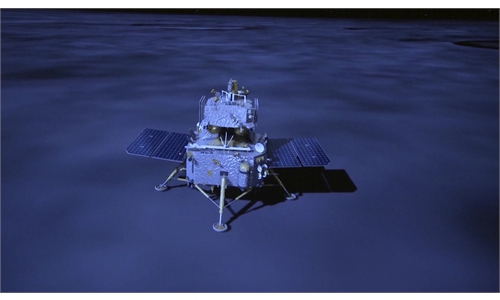Stakeholders say key obstacles remain in increasing numbers in the country
More needed: As of last year, about 8,000 specialists were employed by the Health Ministry. Stakeholders, however, say there is an urgent need to increase that number especially in fields like cardiothoracic surgery and emergency medicine. — MUHAMAD SHAHRIL ROSLI/The Star
PETALING JAYA: The persistent shortage of medical specialists in the country needs to be urgently addressed, say stakeholders.
With the Health Ministry’s target of 28,000 specialists by 2030 looking increasingly unattainable, they say there is a need to increase the number, especially in fields such as cardiothoracic surgery and emergency medicine.
ALSO READ: Increase training capacity to resolve shortage, say experts
As it stands, there are about 9,000 specialists serving in the Health Ministry.
President of the College of Emergency Physicians at the Academy of Medicine Datuk Dr Alzamani Mohammad Idrose voiced concern over the lack of emergency physicians (EP) in the country.
He said Malaysia falls short of international benchmarks, having only one EP per 50,000 people, compared to the global standard of one per 20,000.
“The ideal EP-to-patient ratio in emergency departments is 1:3,000, as seen in developed countries like Australia and Canada. Singapore maintains a ratio of 1:2,500, whereas Malaysia’s stands at 1:5,000,” he added.
In March, the College of Emergency Physicians, in a statement, emphasised the critical role EPs play in healthcare systems, noting their expertise in addressing emergency medical issues across all disciplines.
“EPs are not only clinicians but also leaders, educators and advocates who strive to improve patient outcomes and strengthen health systems globally,” the college said.
The statement also outlined the roles played by EPs, such as managing emergencies from various disciplines, including heart attack, stroke, diabetic ketoacidosis and renal failure, as well as ensuring systematic triage for critical, semi-critical and non-critical cases.
The statement added that certain EPs develop subspecialities through additional training in areas like Emergency Critical Care, Trauma, Pre-hospital Care, Disaster Medicine, Toxicology and Paediatrics Emergency Medicine.
To increase the number of specialists, including EPs, Dr Alzamani suggested extending local specialisation programmes to more public universities beyond the current four: Universiti Sains Malaysia (USM), Universiti Malaya (UM), Universiti Kebangsaan Malaysia (UKM) and Universiti Teknologi Mara (UiTM).
Malaysian Association for Thoracic and Cardiovascular Surgery honorary secretary Prof Dr John Chan Kok Meng said there is a need to increase specialists in all areas.
“While those addressing life-saving conditions are crucial, specialists who manage risk factors for severe conditions are equally important,” he said when contacted yesterday.
Based on the association’s workforce planning and projections for cardiothoracic surgery, Chan said more than 40 additional cardiothoracic surgeons are needed in the next five years.
“Our projections indicate we can meet the necessary number of cardiothoracic surgeons to manage existing centres by 2027. However, additional specialists will be needed if the number of centres increases,” he added.
However, he noted some key obstacles in specialist training.
The 14 newly-qualified cardiothoracic surgeons from 2022-2024 are yet to be registered as specialists by the Malaysian Medical Council, pending the enforcement of the amended Medical Act 1971, which Parliament passed last year.
Dr Chan also noted the limitations in training new surgeons.
“An experienced cardiothoracic surgeon can train only one or two doctors at a time. This involves imparting technical surgical skills, supervising surgeries and transferring clinical knowledge and judgment,” he said.
The Health Ministry had, last month, announced several initiatives to address the shortfall of specialists, including the restructuring of medical officer positions and creating a parallel pathway programme.
Another discipline where a shortage of specialists has been reported is the field of oncology, where ministry data showed there were only about 175 cancer specialists in the country.
Severe shortage of specialists have also been reported in the fields of forensic pathology, family medicine, urology, general surgery, paediatric surgery, plastic surgery, neurosurgery and psychiatry among others.
Deputy Health Minister Datuk Lukanisman Awang Sauni had said that Prime Minister Datuk Seri Anwar Ibrahim’s approval to add 800 specialists annually since 2023 could help meet the demand for medical specialists.
“At the same time, we have also amended the Medicines Act 1971 by creating a parallel pathway programme to create more specialists through this alternative route.
“Currently, we have around 692 specialists using the parallel pathway and also 6,211 medical officers undergoing specialist training,” said Lukanisman.














